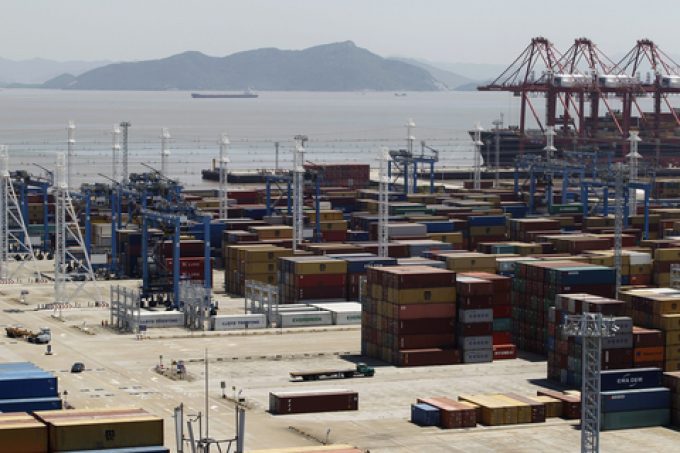US shippers slam USTR port fee plan – 'an apocalypse for trade'
The Trump administration’s plan to revive US shipbuilding by levying hefty fees on China-built or ...

Lockdowns in key Chinese port cities are again hampering supply chains, despite a “muted” peak season.
And President Xi gave no indication of a change to China’s zero-Covid policy at the Communist Party Congress this week, where he is expected to obtain a record third five-year term in office.
Indeed, in what has now become a regular occurrence, Covid restrictions are impacting supply chains in Ningbo, Shanghai, and Tianjin.
Ningbo is the worst affected, with forwarders reporting disruption to the area around the ...
Maersk u-turn as port congestion increases across Northern Europe
Apple logistics chief Gal Dayan quits to join forwarding group
Maersk Air Cargo sees volumes fall as it aims for 'margin in favour of revenue'
Airlines slash freighter capacity post-de minimis, but 'the worst is yet to come'
Houthis tell Trump they will end attacks on Red Sea shipping
Transpac rates hold firm as capacity is diverted to Asia-Europe lanes
MSC revamps east-west network as alliance strategies on blanking vary
India-Pakistan 'tit-for-tat' cargo ban sparks sudden supply chain shocks

Comment on this article
CY Xu
October 19, 2022 at 1:32 pmGlobal supply chain are uncertain recently. The normalization of shipping is expected.